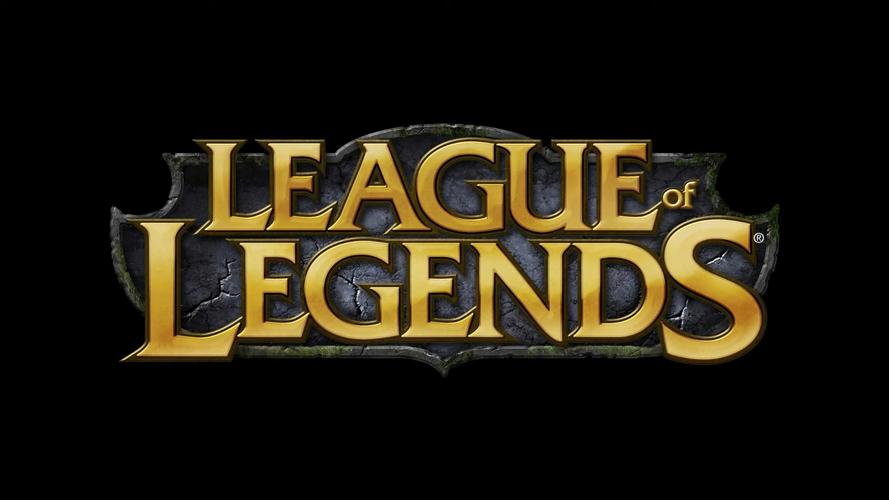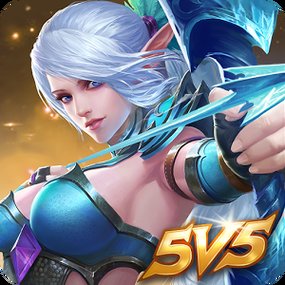
Understanding Online D&D Games
Have you ever wondered what it’s like to dive into the world of Dungeons & Dragons (D&D) through the digital realm? Online D&D games have revolutionized the way we experience this classic tabletop role-playing game. In this article, we’ll explore the ins and outs of online D&D games, from their history to the various platforms available, and the communities that thrive within them.
History of Online D&D Games
Online D&D games have a rich history that dates back to the early days of the internet. In the 1980s, as the internet began to expand, players started to explore the possibility of playing D&D over the internet. One of the first notable online D&D games was “MUD” (Multi-User Dungeon), which was created in 1980. Over the years, the technology and platforms for online D&D games have evolved, making it easier and more accessible for players to join in on the fun.

How Online D&D Games Work
Online D&D games typically use a virtual table-top platform that allows players to create and customize their characters, explore virtual worlds, and interact with other players and non-player characters (NPCs). These games are usually text-based, with players using a chat interface to communicate with each other. However, some platforms have started to incorporate voice chat and even video streaming, making the experience more immersive.
Here’s a breakdown of the key components of an online D&D game:
| Component | Description |
|---|---|
| Character Creation | Players choose their character’s race, class, background, and abilities, which shape their role in the game. |
| Virtual Tabletop | A digital representation of the game’s setting, where players can explore, interact with NPCs, and engage in combat. |
| Chat Interface | Players communicate with each other and the DM (Dungeon Master) through text-based chat. |
| Combat System | Players use dice rolls to determine the outcome of their actions, such as attacks, spells, and saving throws. |
Popular Online D&D Platforms
There are several popular online D&D platforms that cater to players of all skill levels. Here are a few notable ones:
- Roll20: A versatile platform that offers a wide range of features, including a virtual tabletop, character sheets, and dice rolling.
- Discord: A communication platform that has become popular for D&D communities, with dedicated servers for various campaigns and playstyles.
- Foundry Virtual Tabletop: A free and open-source platform that provides a virtual tabletop experience with a focus on ease of use and customization.
The Online D&D Community
The online D&D community is vast and diverse, with players from all over the world coming together to share their love for the game. These communities often organize events, such as “Dungeons & Dragons Live” streams, playtesting sessions, and even in-person meetups. The community is a great place to find new friends, share tips and tricks, and get involved in the ever-growing world of online D&D.

Benefits of Online D&D Games
Online D&D games offer several benefits over traditional tabletop games, including:
- Accessibility: Players can join a game from anywhere in the world, as long as they have an internet connection.
- Convenience: Online games can be played at any time, making it easier to fit into a busy schedule.
- Community: The online community provides a wealth of resources, support, and camaraderie for players.
Conclusion
Online D&D games have brought the classic tabletop experience to a whole new level, making it more accessible and enjoyable for players of all ages and backgrounds. Whether you’re a seasoned D&D veteran or a curious newcomer, there’s no better time to dive into the world of online D&D games.




